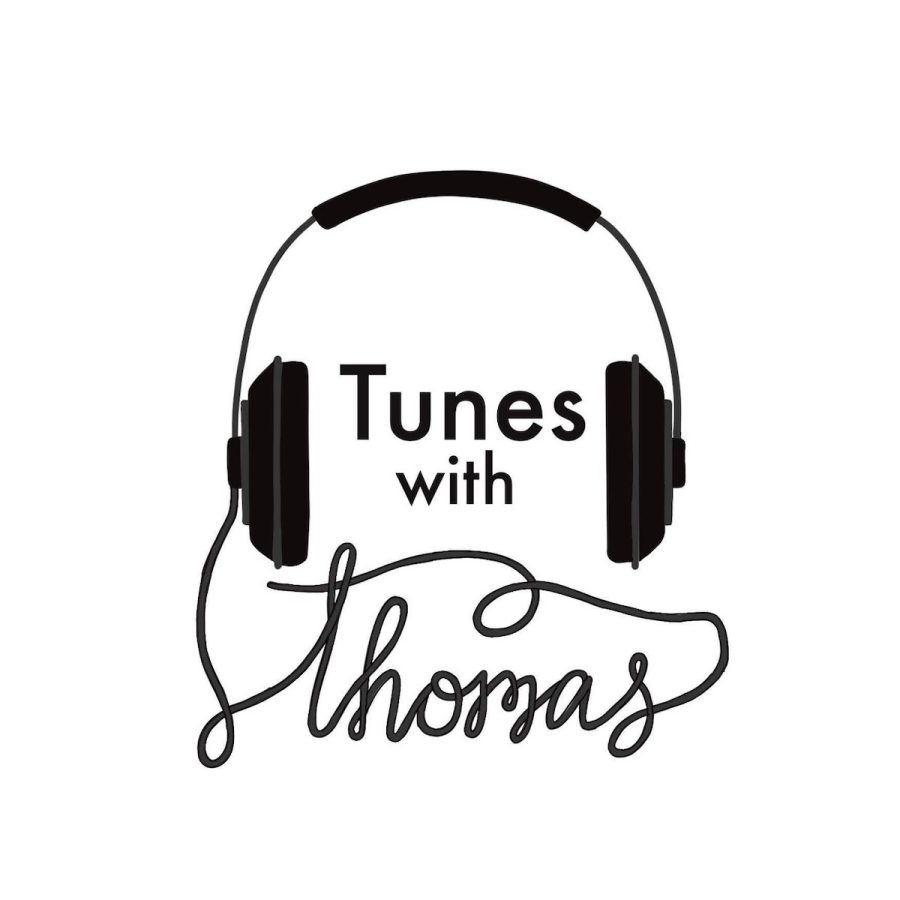Tunes with Thomas: Country
Not all country is bad… but most of it is
Photo by Bethany Mennecke
If you haven’t heard the news, country music is controversial. Many people love it. Many people hate it.
Mostly, I’m with the hate it group, but I don’t hate all country music.
A guiding light for judging country music is comedic mastermind Bo Burnham’s “Country Song (Pandering).” This pretty sums up my feelings about country music as well: most modern, stadium country is disingenuous, grating and untalented.
That’s just about the harshest opinion I’ve ever had about something, and this is being published, so I better back this up.
All music is nuanced and complicated. It’s unfair to generalize an entire genre based on its stereotypes, but too much modern, popular country is basic and unimaginative: it’s about beer, trucks and objectifying women.
I like older country, and country that actually tries to sound like music. Willie Nelson, Merle Haggard, Dolly Parton, John Prine, Johnny Cash, Charley Pride and George Jones, all put efforts and heart into their music.
The difference between traditional and modern country is specificity in their lyrics, and that’s all the difference in the world.
Let me bring in a podcast. “Revisionist History,” a series by author and journalist Malcolm Gladwell, has an episode called “The King of Tears,” which asks why country music makes people cry, and rock doesn’t.
It analyzes lyricism, and the songwriters behind the hallmark emotional country songs, focusing on the song “He Stopped Loving Her Today,” famously performed by George Jones. This song will put you through the rocker.
Gladwell’s thesis is that rock music, while arguably more popular than country, fails to have emotional depth because it is too vague. While rock songs have meaning, you usually can’t tell what it is, and their storytelling fails.
Traditional country, however, is on the other end of that spectrum. The lyrics are so specific that it hands you a real, heartbreaking story instead of expecting you to interpret one on your own.
Just listen to the podcast.
As a perennial optimist, being negative, even about country music, is bumming me out. So let me throw some of my favorite country recommendations. First, listen to all the old artists I mentioned earlier, if you don’t already.
Pokey LaFarge, a contemporary musician doing some country/folk/americana mix, is quite fun, and he has the silliest name to tell all your pals about. Check out “Silent Movie,” “Get It ‘Fore It’s Gone” and “Lucky Sometimes.”
Sierra Ferrell, an up and coming singer/songwriter, has one of my new favorites, “Jeremiah,” from her 2021 album “Long Time Coming.”
I’m also an appreciator of bluegrass — probably residual of my grandparents and family in Missouri. It’s fun, try it out. I just think it’s neat when people pluck their banjos super fast. Listen to “White House Blues” by bluegrass legend Bill Monroe and try not to have fun.
Or, for a more modern bluegrass take, listen to Billy Strings. This guy can play guitar like crazy. My favorite is a little ditty about meth, “Dust in a Baggie.” “Away From the Mire” is also epic, and mixes bluegrass with some other genres.
Country music is complicated, and so are my feelings on it.
If you invite me to go with you to Country Jam this summer, odds are you’ll lose a few points on my Cool Person Ranking (patent pending). On the other hand, I’ve scarce had more fun than driving with my friends in northern Wisconsin jamming to Jerry Reed’s “East Bound and Down.”
If there’s a takeaway to this ramble on country, it’s this: listen to music that makes you think and feel, and don’t invite me to Country Jam.
DeLapp can be reached delapptm7072@uwec.edu.

Thomas DeLapp is a fourth-year English and journalism student, and this is his fifth semester on staff. He loves oxford commas and loathes AP style for taking them away from him.

